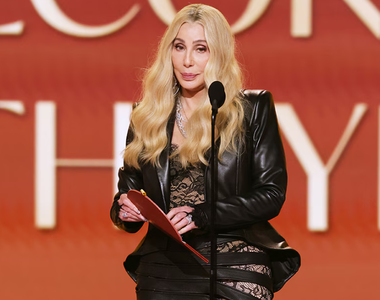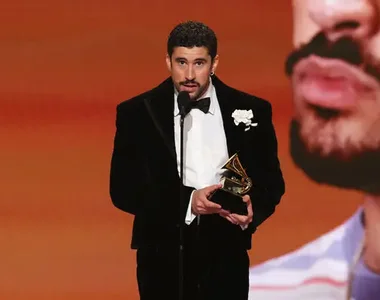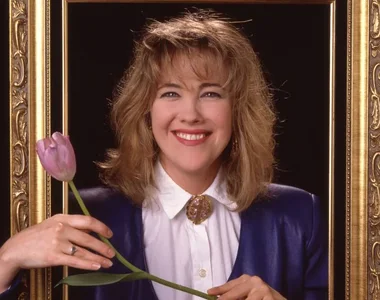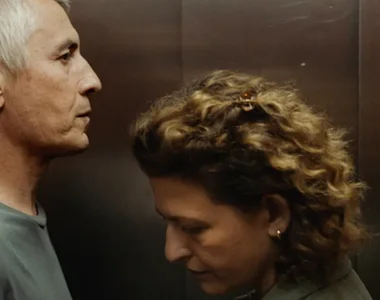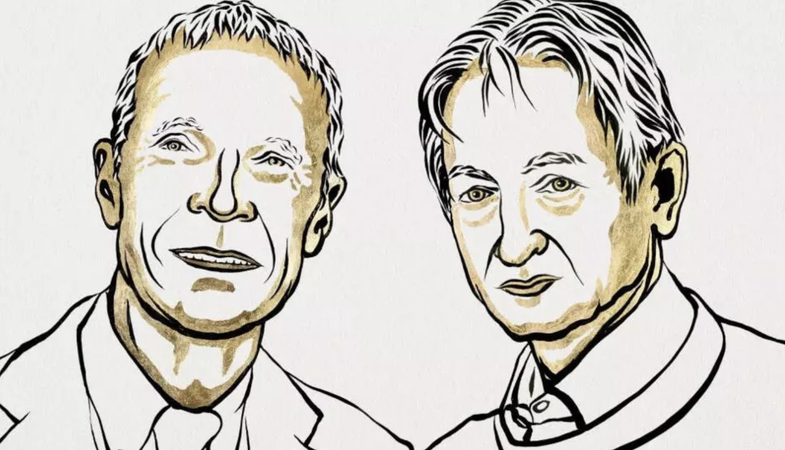
Artificial intelligence pioneers John Hopfield and Geoffrey Hinton won the 2024 Nobel Prize in Physics for their work on the fundamental discoveries and inventions that enable machine learning with artificial neural networks.
Hans Ellegren, secretary general of the Royal Swedish Academy of Sciences, presented the prize to the scientists in Stockholm. Hopfield, who conducts research at Princeton University in the United States, is known for creating a network that can store and recreate patterns in images and other types of data.
In 1985, Hinton, the computer scientist at the University of Toronto in Canada who is known as the "father of AI," used the Hopfield network to create a new, advanced model. After taking samples from the network, he was able to recognize features in the data and use them to identify specific elements in images or other patterns.
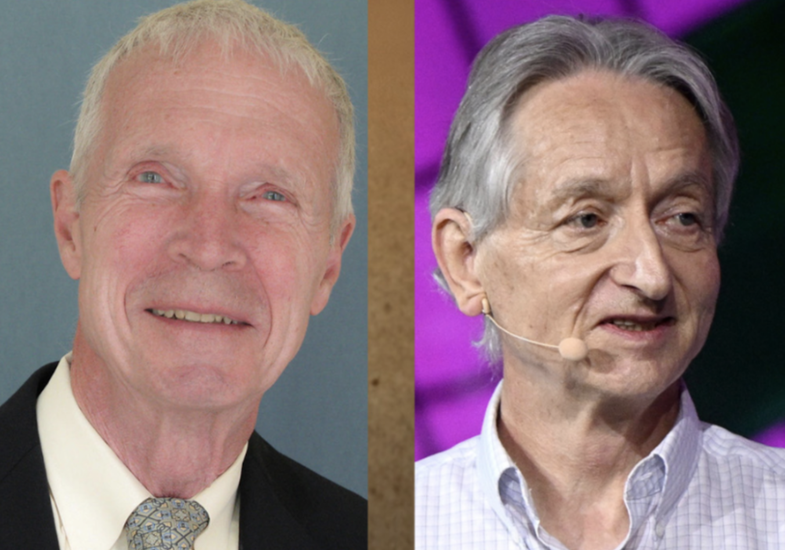
Hopfield and Hinton's work, which drew on tools and concepts from physics, laid the foundation for modern machine learning.
"The discoveries and inventions of the laureates form the foundations of machine learning that can help people make faster and more reliable decisions, for example, when diagnosing medical conditions," said Ellen Moons, chair of the Nobel Committee for Physics.
Speaking to reporters, Hinton said AI-driven advances will be comparable to the Industrial Revolution, but instead of surpassing humans in physical strength, they will surpass humans in intellectual ability.
"This can bring tremendous benefits to society, but also the threat of these things getting out of hand," Hinton said.
Hinton spent a decade working on artificial intelligence at Google before resigning last year, joining a large number of former employees who warned of the potential dangers of these systems.
Suggested Articles:
